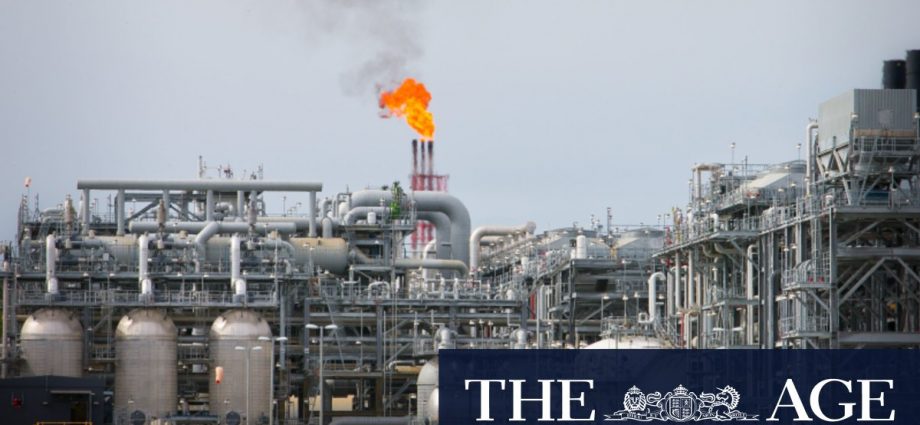Under the Coalition’s reservation plan, two of the biggest Queensland LNG ventures – Shell’s QCLNG and the Origin Energy-backed Australia Pacific LNG (APLNG) – would be forced to hold back even more of their uncontracted supplies for Australian buyers only. Dutton flagged they would be required to reserve between 50 and 100 petajoules of their uncontracted gas each year, enough to satisfy an additional 20 per cent of the eastern seaboard’s demand.
“Our gas needs to be first and foremost for our people,” he said.
In a draft of her speech to be delivered on Tuesday, Wake says Shell recognises the need for strict rules governing the gas industry, but warns that regulations, when not “done well”, can add unnecessary costs and fail to meet their objectives.
“If there is a need for a conversation about more commitments to the domestic market, let’s do so with proper consultation and design a system where all participants and states contribute their share and that protects, rather than erodes, the investment case for Australian gas,” Wake says.
Dutton claimed his plan would deliver enough gas locally to swiftly cut the wholesale price of $14 a gigajoule to $10.
However, that promise may prove challenging, as the cost of producing gas in Australia has been steadily increasing over time as the lowest-cost sources run out. Gas could once be provided for $4 per gigajoule or less, but today eastern Australian fields will struggle to supply gas for less than double that amount.
Loading
The Australian Energy Market Operator said gas produced at new projects typically cost between $9.20 and $12.50 a gigajoule at the wellhead – and that’s before adding other significant costs, such as transporting the gas via pipeline to where it’s needed. “It’s hard to see how lower pricing will emerge,” Macquarie energy analyst Ian Myles said.
The Coalition is yet to explain exactly how it would hold back exports and deliver the extra gas from Queensland into southern markets due to limited storage options and pipeline capacity to transport the gas thousands of kilometres during winter when it’s needed most.
Krishan Pal Birda, vice-president of Australasian oil and gas at consultancy Rystad Energy, said the Coalition’s proposal may offer some temporary relief, “but it’s not sustainable in the long run due to the inflexible nature of coal seam gas production and existing pipeline constraints”.
Still, Dutton’s gas plan has been welcomed by Australia’s biggest corporate gas users, including companies in the manufacturing sector, which need the fuel for energy or as a feedstock.
“Gas prices above $10 per gigajoule are simply untenable in a gas-rich country like Australia,” said Ben Eade of Manufacturing Australia, whose members include companies such as BlueScope Steel, Brickworks, Cement Australia and CSR.
“Exporting surplus gas at a time when regulators are forecasting gas shortages, and Australian manufacturers are bearing the brunt of high gas prices and supply uncertainty, simply cannot continue.”
The Business Briefing newsletter delivers major stories, exclusive coverage and expert opinion. Sign up to get it every weekday morning.





